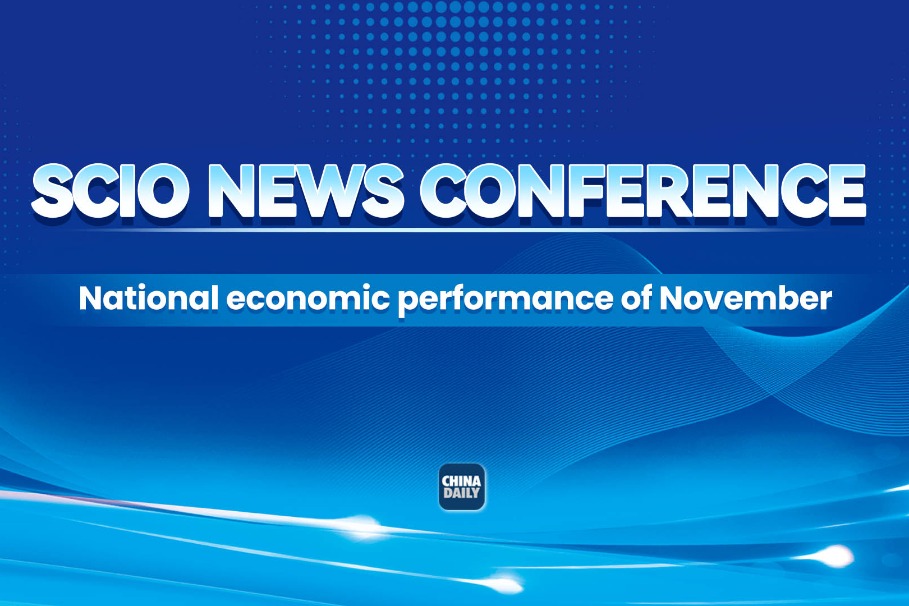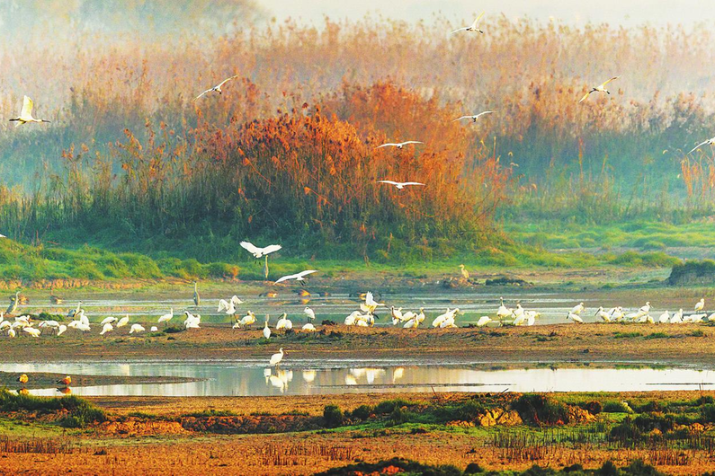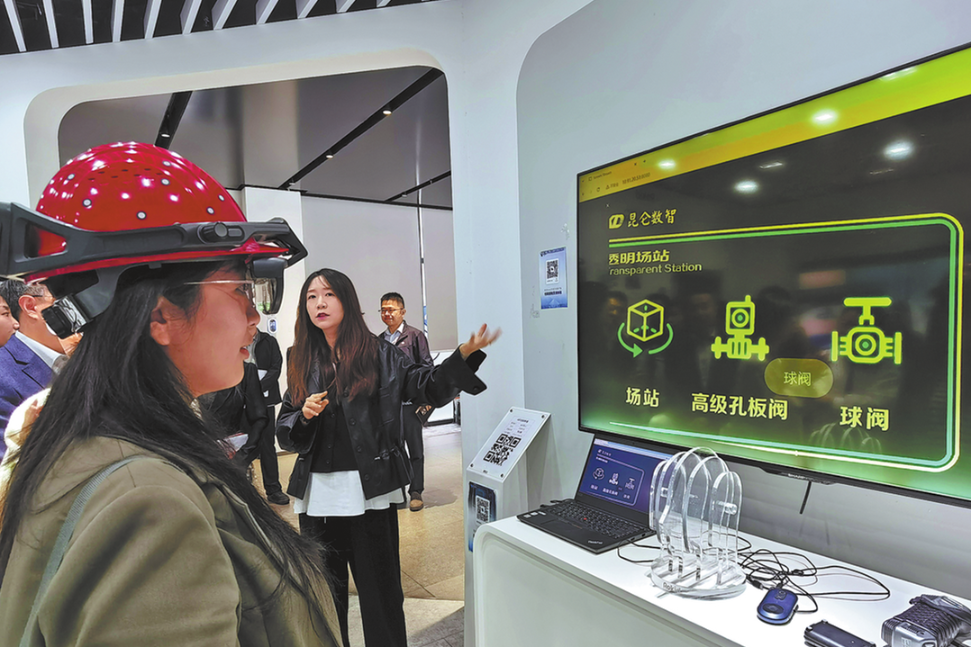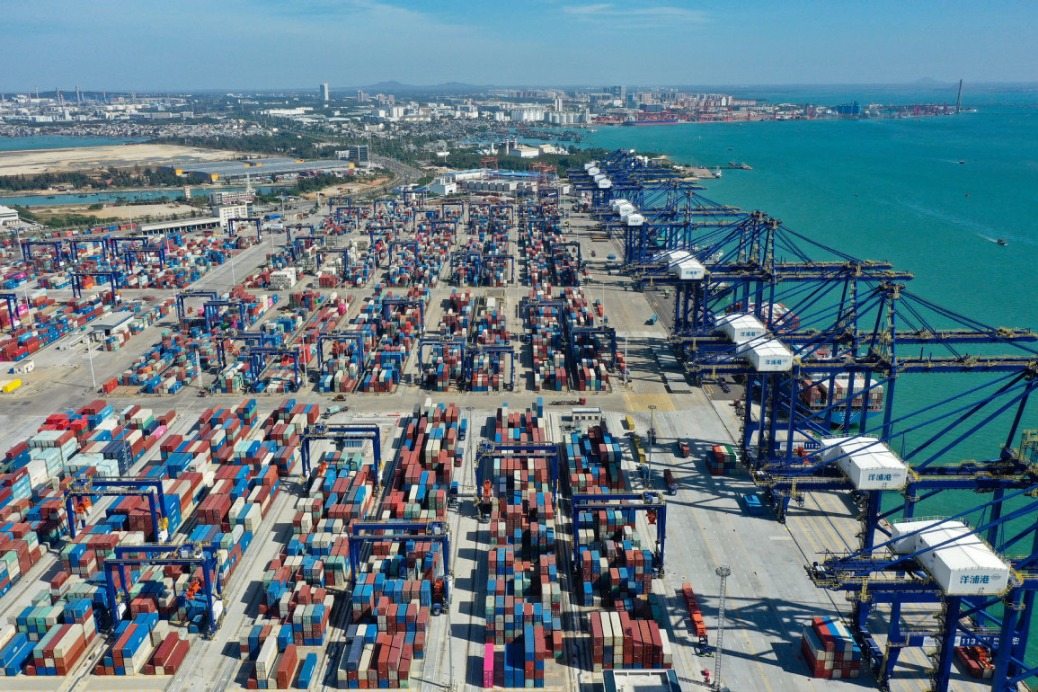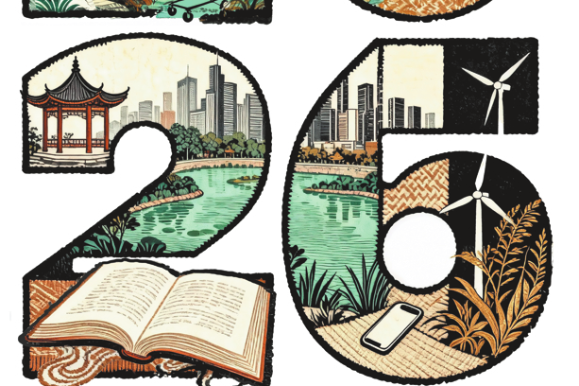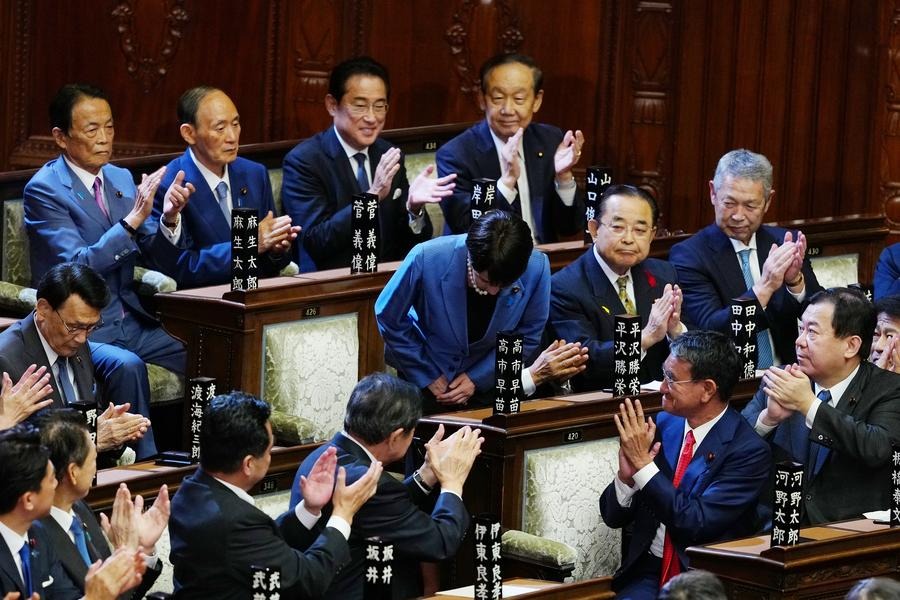Learn from history, spread the science


There is only one story in the world's headlines: the COVID-19 pandemic. Yet there's an important anniversary coming up that may give some clues to a wider perspective on what happens when we have passed the first phase of the pandemic. That anniversary is the 75th anniversary of the end of World War II, the most devastating event of the modern era. The decades that followed it ushered in profound changes in nation-states and global society.
The novel coronavirus pandemic is devastating, but, we must hope, not at the level of that terrible war. Yet like World War II, the years following the disease may see profound changes in how governments and societies work with one another and interact on the international stage.
Advantages of a responsive state
Perhaps the most long-lasting result of World War II was that societies around the globe had to provide a fuller, more responsive state to satisfy their people's demands. In the United States, for example, the G.I. Bill allowed those who had served in uniform to gain access to subsidized education. Over the longer term, state investment in research and development enabled the US to lead a global economic boom. Britain, although it was economically devastated by the fight against Nazism, used the postwar years to create a National Health Service that promised free healthcare to all, regardless of means; that same service is still saving lives in Britain today.
But there were also profound social changes that emerged from wartime China as well. During the long war against Japan, then Chinese government did not just think about arsenals and conscription. It also developed vaccination programs, new nutritious crops, and extensive public hygiene programs to provide fresh water and eradicate disease. In reality, these efforts were only partial, as wartime China was a poor and isolated society in a desperate war of survival. But the efforts were real, and showed an understanding that the real battle was not just to defeat the Japanese, but to create a healthier postwar society.
Good understanding of Western society
Chinese writers and thinkers of the 1940s were also very aware of what was happening in the West, writing with admiration of the Beveridge Plan (the blueprint for a welfare state that transformed postwar Britain).
The history of the 1940s might seem a long way away from our current globalized world, which is battling a disease, but is thankfully not at war. Yet the central lesson that we can learn on this anniversary of the Allied victory in World War II is that the opportunity is there to make a new society, not just in our own countries, but for a new world.
First, the world must think about the next battlefield. Up to now, most attention has been placed on the countries where the disease has already struck: China, the US, and the countries of Europe among them. However, what these countries have in common is advanced, well-organized public health systems, and significant scientific resources. Not nearly enough leadership has yet emerged on the next battlefield for the disease: the wider Global South.
We know that significant parts of Latin America and Africa are becoming vulnerable to the disease. Governments, from India to South Africa, have imposed lockdowns, but these can only be temporary solutions. Instead, the world needs united leadership to make sure that the response to the virus seeks to maximize resources across national boundaries and is more than the sum of its part.
Again, there is a parallel from the postwar world of 1945. The Bretton Woods conference of 1944 saw a variety of countries come together to create a series of institutions that would reconstruct global trade and economics. The great powers of the age, the US and Britain, were there, so also was a new power being forged in wartime-China. Soon after this, China would become the first signatory to the new United Nations Charter.
The world needs a new Bretton Woods
Now we need a new Bretton Woodsbut this time one that stresses science, and social science. First, it is imperative that all countries with powerful science establishments, including China, the US and European nations, share their knowledge. But less understood is that social scientists can also play a crucial role in this reshaping of the world. Because this initiative will make all governments-Beijing, Washington, Brussels-rethink what they thought they knew.
We need to move on from this time when nations are hiding behind their borders; there will have to be much more openness and cooperation when it comes to sharing and drawing on scientific knowledge. Information about the outbreak of disease can no longer be considered the property of any one country.
But there are also new lessons, whose effects we don't even know, when it comes to behavioral change. And it's drawing on the lessons of social science-anthropology and sociology-on things that have seemed obvious for years that will provide the real new challenge.
Important to learn from one another
Scientists know how to make vaccines-it's tough and takes time, but the technique is understood. But what does it mean to run a restaurant in an era when people may have to sit two metres away from people they don't know? How do people study, shop, care for their loved ones when a second or third wave of an illness may be on the way? These are universal questions, but each culture may have a different answer to them, and we need urgently to understand what we can learn from each other. To do that, openness, transparency and the right to do research without fear or favour will be the most important tools we have.
There is no shortage of social scientists who have changed their society and the world: British economist Sir William Beveridge was one, and Chinese sociologists Fei Xiaotong was another. Rethinking society after the virus is a challenge that crosses borders, and so will the solution. Seventy-five years after the vicious war of the world ended is a good time to remember that.
The author is a professor of modern Chinese history at the University of Oxford.
The views don't necessarily reflect those of China Daily.
















